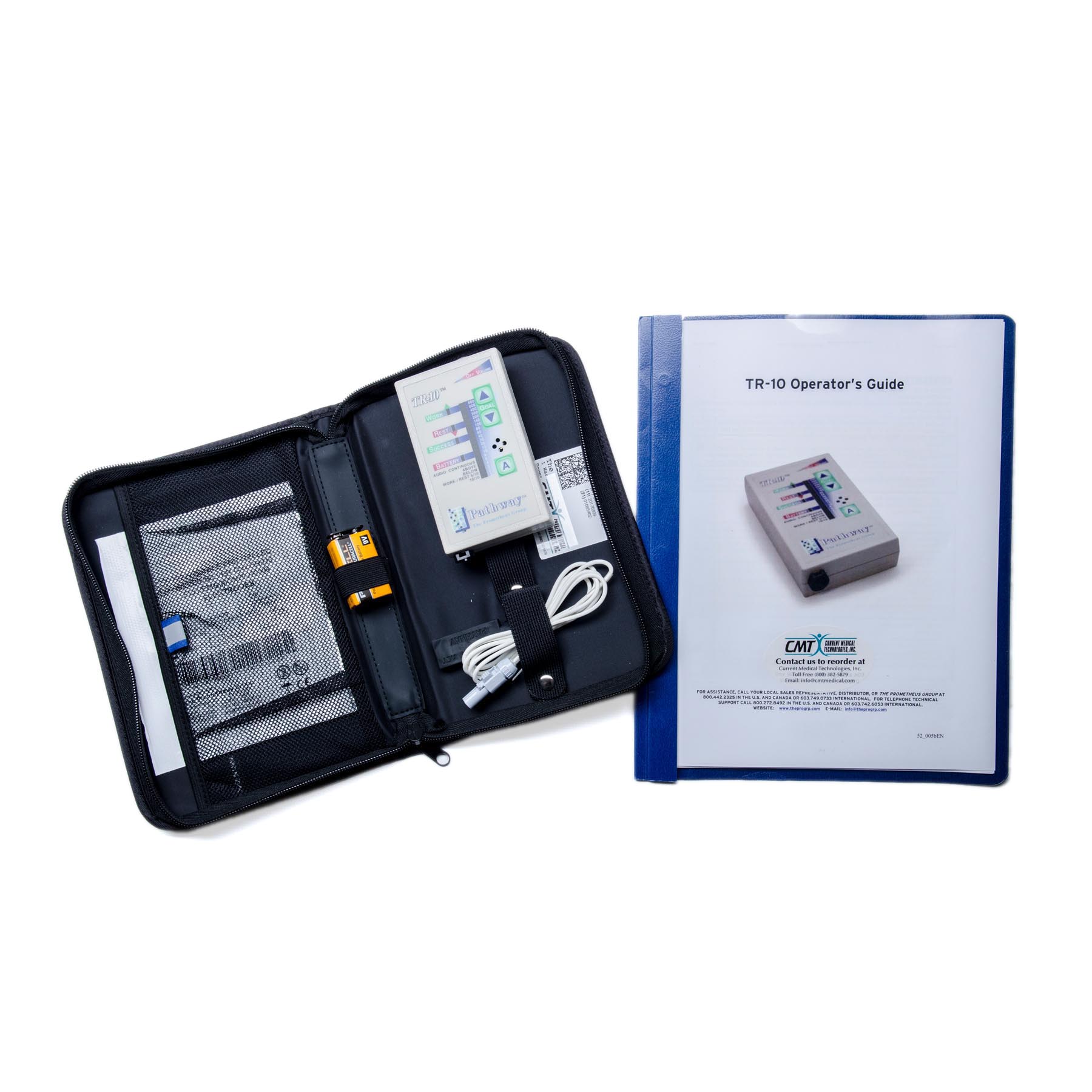Harnessing the Power of Bio Feedback to Transform Chronic Discomfort Management and Improve Quality of Life
Harnessing the Power of Bio Feedback to Transform Chronic Discomfort Management and Improve Quality of Life
Blog Article
Chronic discomfort is a syndrome that affects millions of individuals around the globe. It can be caused by various factors, including injuries, illnesses, or even stress. For many patients, managing chronic pain can be a constant challenge that impacts their standard of life. Traditional treatments often consist of drugs, physical therapy, and occasionally surgery. However, these methods do not always provide the alleviation that individuals seek. Lately, biofeedback has emerged as a potential option for controlling chronic pain and improving overall well-being.
Biofeedback is a method that teaches patients how to control specific bodily functions by utilizing signals from their own bodies. This approach involves employing sensors that monitor physiological responses such as heart rate, muscle tension, and skin temperature. By providing immediate feedback, patients can discover to recognize their body's reactions to pain and stress. This awareness allows them to develop strategies to manage their pain more effectively. For example, if a patient notices that their muscle tension rises when they are in pain, they can practice relaxation strategies to help reduce that tension.
One of the key advantages of biofeedback is that it empowers individuals to take an proactive role in their pain management. Instead of relying solely on drugs or treatments from medical providers, individuals can learn to understand and control their own bodies. This sense of control can lead to increased confidence and a more positive outlook on life. Many patients report feeling more in charge of their pain and less like victims of their condition. This change in mindset can substantially improve their standard of life.
Studies has shown that biofeedback can be effective in reducing chronic pain symptoms. Studies indicate that patients who use biofeedback techniques often experience less pain and improved physical function. Additionally, biofeedback can help reduce anxiety and stress, which are common concerns for those living with chronic pain. By addressing both the physical and psychological aspects Continue Reading of pain, biofeedback offers a holistic approach to pain control. This integrated method can lead to superior outcomes for individuals, allowing them to participate more completely in their routine activities.
In summary, biofeedback is a valuable tool for transforming chronic pain management. By teaching individuals to understand and control their physiological responses, biofeedback empowers patients to take charge of their pain. This approach not only helps reduce pain but also enhances overall standard of life. As more individuals look for options to conventional pain control methods, biofeedback emerges as a potential solution. With ongoing research and awareness, biofeedback could become an essential part of chronic pain treatment, helping individuals lead healthier, more satisfying lives.